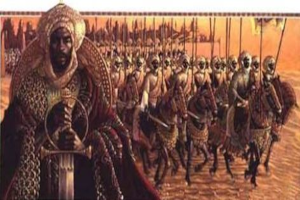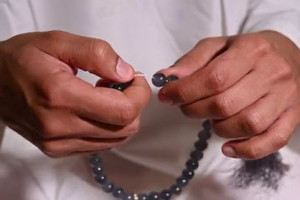Islam is a religion that emphasizes the importance of justice and the severe consequences of oppression. While belief in Tauhid (the Oneness of Allah) is the cornerstone of the Islamic faith, it must be accompanied by righteous actions and just behavior towards others. The Quran and the Sunnah of the Prophet Muhammad (peace be upon him) provide clear guidance on the significance of avoiding oppression and upholding justice.
1. The Importance of Justice
Allah commands justice in the Quran:
> “Indeed, Allah commands you to render trusts to whom they are due and when you judge between people to judge with justice…” (Quran 4:58)
Justice is a fundamental principle in Islam and is closely linked to piety:
> “O you who have believed, be persistently standing firm in justice, witnesses for Allah, even if it be against yourselves or parents and relatives…” (Quran 4:135)
2. The Severity of Oppression
Oppression (dhulm) is categorically condemned in Islam. It is a grave sin that can lead to severe consequences in the Hereafter. Allah states:
> “And do not think Allah is unaware of what the wrongdoers do. He only delays them for a Day when eyes will stare [in horror].” (Quran 14:42)
The Prophet Muhammad (peace be upon him) also warned against oppression:
> “Beware of oppression, for oppression will be darkness on the Day of Resurrection.” (Sahih Muslim 2578)
3. Oppression Nullifies Good Deeds
Even if a person believes in Tauhid, their oppression can nullify their good deeds and lead to their downfall. The Prophet (peace be upon him) narrated a scenario where people will come on the Day of Judgment with good deeds but will be bankrupt because of their injustices towards others:
> “Do you know who the bankrupt is? They said: ‘The bankrupt among us is the one who has neither dirham with him nor wealth.’ He said: ‘The bankrupt of my nation would be he who comes on the Day of Judgment with prayers and fasts and zakah but he had (also) abused that person, slandered that person, unlawfully consumed the wealth of that person, shed the blood of that person, and beat that person, so his good deeds would be credited to the account of those (who suffered at his hands). If his good deeds fall short to clear the account, then their sins would be entered in (his account) and he would be thrown in the Hellfire.'” (Sahih Muslim 2581)
4. Seeking Forgiveness and Making Amends
Islam also teaches that those who have wronged others should seek forgiveness and make amends before it’s too late. The Prophet (peace be upon him) said:
> “Whoever has wronged his brother, should ask for his pardon before the Day of Resurrection when there will be no money (to compensate for wrong deeds), but if he has good deeds, those good deeds will be taken from him according to his oppression which he has done, and if he has no good deeds, the sins of the oppressed person will be loaded on him.” (Sahih al-Bukhari 2449)
Conclusion
Belief in Tauhid is essential in Islam, but it must be accompanied by just actions and righteous behavior towards others. Oppression not only harms the victim but also brings severe consequences upon the oppressor, potentially leading them to Hellfire despite their faith in Tauhid. Therefore, Muslims must strive to uphold justice, avoid oppressing others, and seek forgiveness for any wrongs committed to ensure their salvation in the Hereafter.
—



